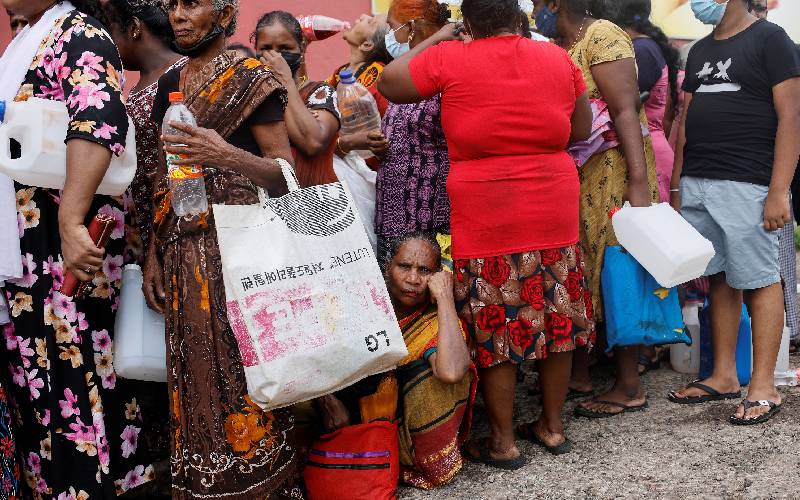×
The Standard e-Paper
Join Thousands Daily

Sri Lanka increased fuel prices on Tuesday, a long-flagged move to mend public finances and combat its debilitating economic crisis, but the hikes are bound to add to galloping inflation at least in the short term.
Power and Energy Minister Kanchana Wijesekera said in a message on Twitter that petrol prices would increase by 20-24 per cent while diesel prices would rise by 35-38 per cent with immediate effect.